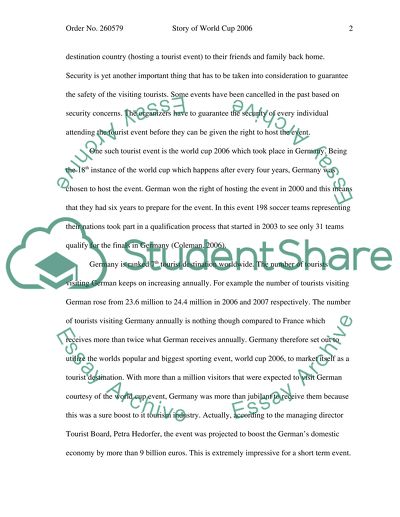Cite this document
(What Does the State Get due to a Well Organized and Successful Interna Case Study, n.d.)
What Does the State Get due to a Well Organized and Successful Interna Case Study. Retrieved from https://studentshare.org/social-science/1526338-sports-event-management
What Does the State Get due to a Well Organized and Successful Interna Case Study. Retrieved from https://studentshare.org/social-science/1526338-sports-event-management
(What Does the State Get Due to a Well Organized and Successful Interna Case Study)
What Does the State Get Due to a Well Organized and Successful Interna Case Study. https://studentshare.org/social-science/1526338-sports-event-management.
What Does the State Get Due to a Well Organized and Successful Interna Case Study. https://studentshare.org/social-science/1526338-sports-event-management.
“What Does the State Get Due to a Well Organized and Successful Interna Case Study”, n.d. https://studentshare.org/social-science/1526338-sports-event-management.


